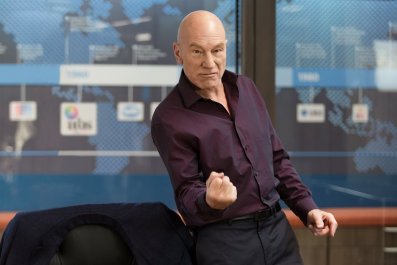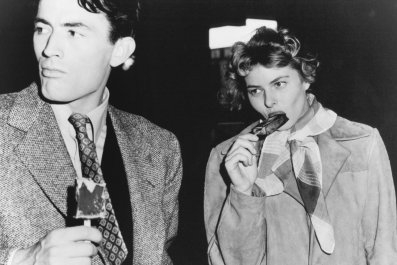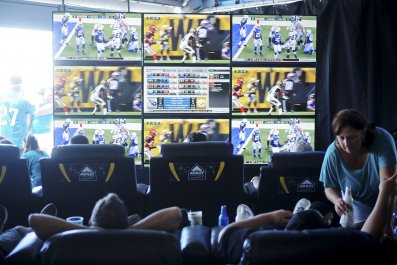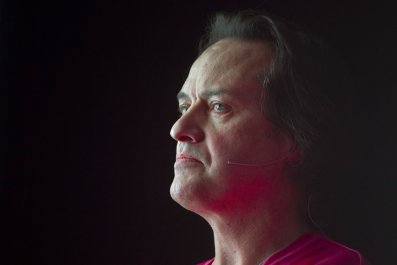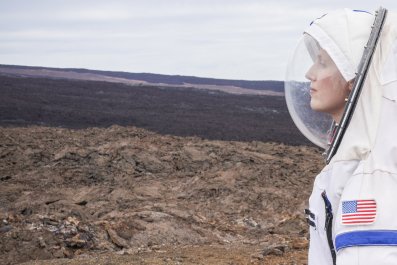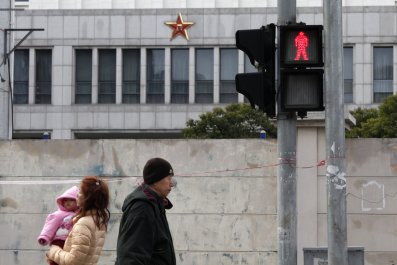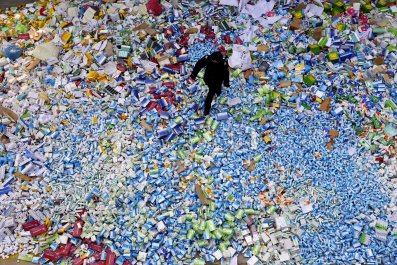Been to the movies this summer? Then you probably noticed that sequels, prequels and remakes dominate the box office, while original films are scarce.
Define an original movie as any film not directly based on another movie or a TV series (it doesn't have to be an "original screenplay"—book and comic book adaptations are OK, if not previously adapted for the screen), and the numbers are striking. Take the top 10 highest-grossing movies of the past summer. Only four of them are original by this definition, and only one of those cracks the top five.
The top 10 summer movies pulled in $2.8 billion, according to figures from Rentrak, but the four "original" movies of the bunch generated only $828 million of that, much of it from the Pixar insta-classic Inside Out. And that's being generous, counting Ant-Man, part of the Marvel Cinematic Universe franchise but not a sequel, as original. The two top-earning movies—Jurassic World ($647 million) and Avengers: Age of Ultron ($458 million)—are both sequels.
"There's a real herd mentality [in Hollywood]," says Stephen Follows, a producer and film data researcher. "When one thing works, they double down." The flood of superhero movies, for instance, can be traced to the surprise success of Iron Man in 2008. Want to understand the appetite for endless fantasy and sci-fi series like The Hunger Games? Look at how Harry Potter and Lord of the Rings rocked the box office again and again in the 2000s.
It's a symptom of Hollywood's quest for commercial predictability. "The Hollywood execs are looking for existing content that has proved itself somewhere," Follows says. "If you adapted it from something else, there is already a fan base out there."
This plan doesn't always work. "The relative failure of some retreads this summer shows that there is no such thing as a surefire hit," says film critic and historian Leonard Maltin. "Magic Mike XXL wasn't the smash its studio was expecting, and even fanboys sensed that Fantastic Four wasn't going to live up to their expectations."
Meanwhile, there are fewer and fewer genuinely new characters to fall in love with outside of art houses and Pixar. (Pixar's Inside Out, like Up and Cars before it, is that rare breed of purely original films that wins big at the box office.)
At least the franchise fever has produced some decent movies. As Follows points out, The Dark Knight was a sequel to a reboot to an adaptation of a comic book. Go figure.





